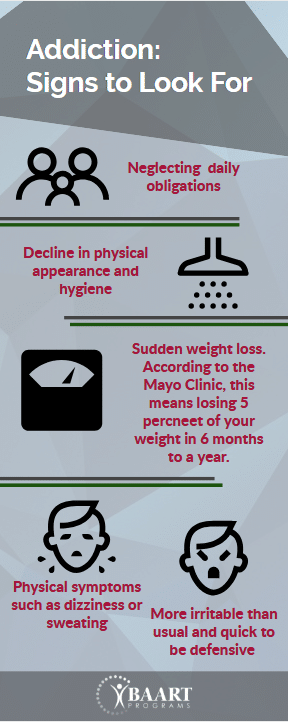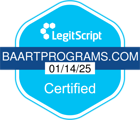Our country is in the middle of an epidemic, yet oddly enough, few truly understand addiction education and what we are facing. According to the Center for Disease Control and Prevention1, 91 Americans die every single day from an opioid overdose whether it be heroin or prescription pain pills.
Unless something drastic is done, the death toll from opioid overdoses over the next decade could top 650,0002. To put that into perspective, opioid related deaths could come close to the amount of people who die from breast cancer and prostate cancer combined. That is a sobering thought indeed.
If so many people are affected by an addiction to opioids, it is not out of the question that nearly every American would know someone who has been touched by this. This defies any cultural stereotype associated with drug abuse. An addiction to opiates cuts across age, sex, race, education levels, and even partisan lines. No matter how you break it down, a bulk of US adults know someone who has been addicted to drugs. We are in the middle of a crisis.
So what do we do? How do we even begin to combat something so huge and so overwhelming? There is no easy answer, but becoming educated about addiction is a good way to start. There are many resources that can help you learn how to spot the early signs of addiction and also resources guiding you on how to best receive help if you or a loved one is already struggling with an addiction.
The first thing to do to educate yourself is to become familiar with early warning signs. Some warning signs of addiction in a loved one may include:

• Neglecting family obligations
• Acting more nervous than usual and prone to anxiety
• A decline in physical appearance
• Physical symptoms such as dizziness and/or sweating.
• More irritable than usual
• Excessive sniffing or a runny nose that is not attributed to a cold
• Weight Loss
Becoming aware of what of some of the early signs of addiction are can help you guide them to get help before it is too late. So where do you go if you have noticed these symptoms? A great place to start is finding an appropriate physician or health professional, and leave the information with your friend. The fact that you are helping your loved one get treatment gives them a distinct advantage. Approximately 23.5 million Americans4 need treatment for a drug or alcohol addiction, but just 2.6 million people receive the treatment they need, according to the Defining the Addiction Treatment Gap report.
That means that over 20 million people do not receive the help they need in order to overcome their addiction. And the hard part is that there are so many resources out there offering support. If you or someone you know wants to learn more about addiction recovery, SAMHSA.gov is a great place to start. If you head to that website you will find a wide variety of information from hotlines you can call immediately for help or locator services to help you find a treatment center close to where you live.
Becoming more educated about addiction isn’t going to solve the problem overnight. But it is a good place to start.
1 https://www.cdc.gov/drugoverdose/epidemic/index.html
2 https://www.statnews.com/2017/06/27/opioid-deaths-forecast
3 https://www.projectknow.com/research/addiction-warning-signs
4 https://www.opensocietyfoundations.org/sites/default/files/data-summary-20101123.pdf


